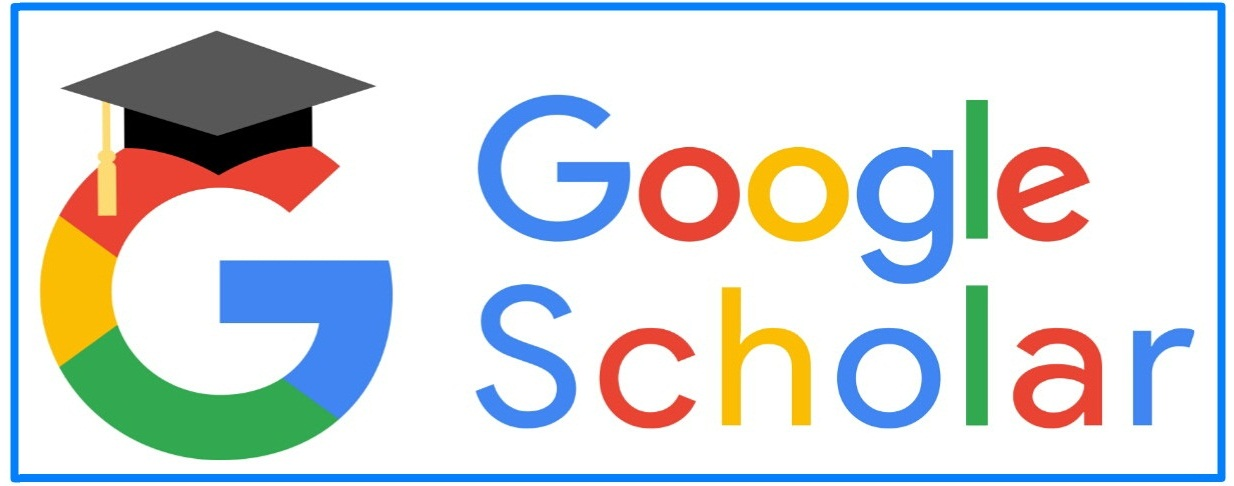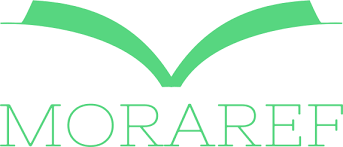Math Learning Assistance for Students in Understanding Straight Line Equation Material
Abstract
Straight line equation is a subject matter that has some prerequisite material that must be understood so that students have difficulty in understanding the material. One of the causes of students having difficulty in understanding straight line equation material is due to students' lack of understanding of prerequisite material, namely cartesian diagrams, functions, and algebra. The service was carried out at MTs Madani Alauddin Po-pao class VIII C which aims to help students understand the straight line equation material by providing assistance to students. The service was carried out by mathematics education students and lecturers who were carrying out School Field Practices (PLP) 2 for 8 meetings by providing assistance to students during the learning process and working on assignments at the end of the meeting both personally and in groups in working on student worksheets at meetings 3 and 4. The results of the assistance show that the learning outcomes of students have increased, namely seen from the posttest results which show 27 students who fall into the medium to very high category which compared to the previous pretest results only 14 students fell into the medium to very high category. In addition, after conducting interviews, it is known that students like collaborative learning because the classroom atmosphere is interesting and do not feel awkward if there is something they want to ask. So that the service carried out with learning assistance has a positive impact on students in understanding the straight line equation material.
Downloads
References
Ahmad, A., Habib Ratu Perwira Negara, Kiki Riska Ayu Kurniawati, & Farah Heniati Santosa. (2019). Meningkatkan Motivasi Dan Prestasi Belajar Matematika Peserta didik Melalui Kegitan Bimbingan Belajar. JPMB : Jurnal Pemberdayaan Masyarakat Berkarakter, 2(2), 189–198. https://doi.org/10.36765/jpmb.v2i2.14
Bela, M. E., Bhoke, W., Bara, F. E., Rawa, N. R., Wangge, M. C. T., Wewe, M., Bili, B. A. D. W., Sare, B., & Dhajo, K. K. (2022). Pendampingan Belajar Matematika Sekolah Dasar Berbasis Pendekatan Pembelajaran Matematika Realistik Di Kelurahan Todabelu. Jurnal Abdimas Ilmiah Citra Bakti, 3(1), 12–22. https://doi.org/10.38048/jailcb.v3i1.440
Farhataenil, A., & Muharam, A. A. S. (2021). Pendampingan Pembelajaran Matematika pada Peserta didik Kelas 5 Sekolah Dasar di Masa Pandemi Covid-19. Proceedings UIN Sunan Gunung Djati Bandung, 1(57), 66–75. https://doi.org/10.53696/27214834.95
Harisman, A., Defrian, A., Orizal, B. O., Kurniawan, G., & Ambai, M. (2023). Pendampingan Peserta didik yang Berkesulitan Belajar Matematika di MTs Al-Muktariyah pada Materi Pecahan. Jurnal Pengabdian Masyarakat Applied, 2(1), 1–7.
Irmayanti, Jurnianti, Hidayah, N., Mirna, & Islamiah, N. (2022). Pendampingan belajar matematika metode jarimatika di taman baca karlos. Jurnal Pengabdian Kepada Masyarakat, 1(3), 184–188.
Isnaeni, S., Fajriyah, L., Risky, E. S., Purwasih, R., & Hidayat, W. (2018). Analisis Kemampuan Penalaran Matematis dan Kemandirian Belajar Peserta didik SMP pada Materi Persamaan Garis Lurus. Journal of Medives : Journal of Mathematics Education IKIP Veteran Semarang, 2(1), 107. https://doi.org/10.31331/medives.v2i1.528
Kartika Sari, L. D., Idayani, D., Munawwir, Z., Hasanah, N., & Noervadila, I. (2021). Pendampingan Belajar Matematika Peserta Didik RT 01/RW 01 Kelurahan Ardijero Kecamatan Panji Situbondo Di Tengah Pandemi Covid-19. Prosiding Konferensi Nasional Pengabdian Masyarakat, 2, 560–564.
Nasution, H. F. (2021). Peningkatan Hasil Belajar Matematika Melalui Bimbingan Belajar Gratis. Indonesian Journal Of Community Service, 1(1), 66–73.
Novita, M., Rencitia, R., & Putra, A. (2022). Pendampingan Peserta didik yang Berkesulitan Belajar Matematika pada Materi Bentuk Aljabar Kelas Vii MTs Siulak Gedang. Jurnal Pengabdian Universitas Catur Insan Cendikia, 1(1), 1–10.
Nur, F., Suharti, Angriani, A. D., Andi Mattoliang, L., & A. Sriyanti. (2023). Pendampingan Belajar Peserta didik dalam Memahami Operasi Penjumlahan Pecahan. KHIDMAH: Jurnal Pengabdian Kepada Masyarakat, 3(2), 74–82. https://doi.org/10.24252/khidmah.v3i2.38778
Olingir, E. T., Molle, J. S., & Ngilawajan, D. A. (2021). Analisis Kemampuan Pemahaman Konsep Peserta didik Berdasarkan Penyelesaian Soal Persamaan Garis Lurus Di Kelas Viii Smp Katolik Ambon. Jurnal Pendidikan Matematika Unpatti, 2(1), 23–27. https://doi.org/10.30598/jpmunpatti.v2.i1.p23-27
Rahayu, D. W., Akhwani, Nafiah, & Hartatik, S. (2022). Pendampingan Kelompok Belajar Peserta didik Berbasis Collaborative Learning. SWARNA: Jurnal Pengabdian Kepada Masyarakat, 1(4), 434–437.
Rawa, N. R., Wewe, M., Wangge, M. C. T., Bela, M. E., Bhoke, W., Bara, F. E., Meo, V., Gelo, O., Kosu, M. B. P., & Ngina, M. Y. (2021). Pendampingan Bimbingan Belajar Mata Pelajaran Matematijka Berbantuan Alat Peraga Bagi Peserta didik Sekolah Dasar di Kelurahan Mataloko. Jurnal Abdimas Ilmiah Citra Bakti, 2(2), 192–199.
Sari, Y., & Jupriyanto. (2023). Pendampingan Kelompok Belajar Peserta didik Kelas VI pada Muatan Matematika Melalui Metode Drill. Aksiologiya: Jurnal Pengabdian Kepada Masyarakat, 7(2), 224–233.
Sulistyowati, S., & Zulfa, F. A. (2022). Pendampingan Belajar Peserta didik Dengan Pembelajaran Matematika Reaslitik Dalam Meningkatkan Semangat Belajar Peserta didik. Journal of Empowerment, 2(2), 232. https://doi.org/10.35194/je.v2i2.1750
Tanjungsari Dewi, R., Soedjoko, E., & Mashuri. (2012). Diagnosis Kesulitan Belajar Matematika SMP Pada Materi Persamaan Garis Lurus. UJME: Unnes Journal of Mathematics Education, 1(1), 52–57. http://journal.unnes.ac.id/sju/index.php/ujme
- Authors retain copyright and grant the journal right of first publication with the work simultaneously licensed under a Creative Commons Attribution License that allows others to share the work with an acknowledgement of the work's authorship and initial publication in this journal.
- Authors are able to enter into separate, additional contractual arrangements for the non-exclusive distribution of the journal's published version of the work (e.g., post it to an institutional repository or publish it in a book), with an acknowledgement of its initial publication in this journal.
- Authors are permitted and encouraged to post their work online (e.g., in institutional repositories or on their website) prior to and during the submission process, as it can lead to productive exchanges, as well as earlier and greater citation of published work (See The Effect of Open Access).








